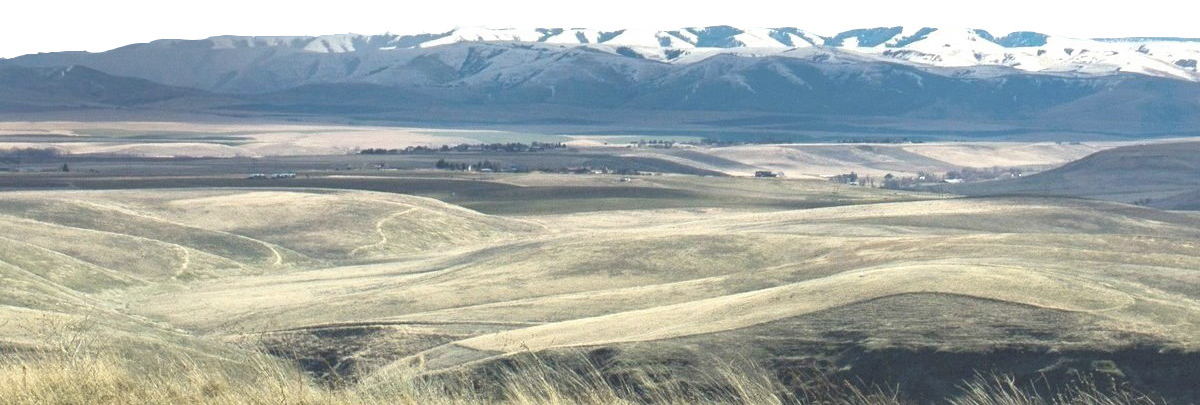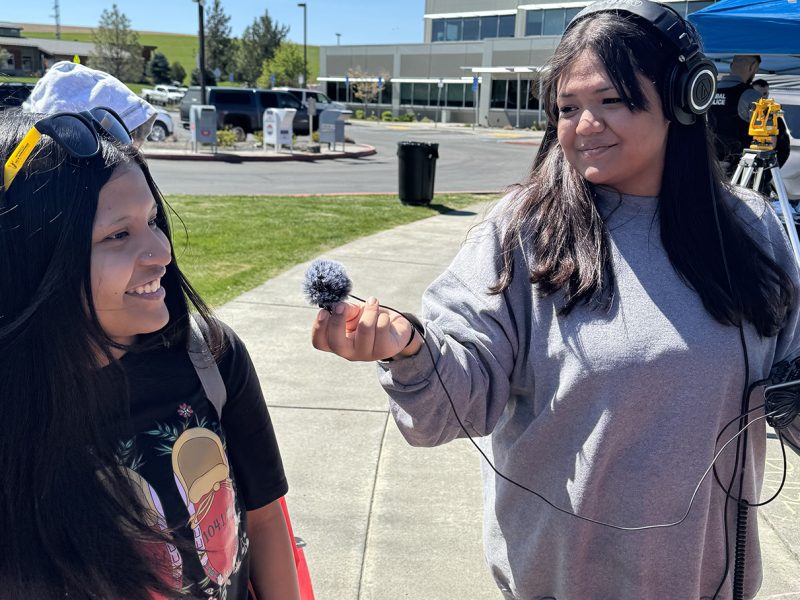By CHRIS AADLAND
CUJ Reporter
SALEM – Tribal leaders are pushing for Oregon lawmakers to pass legislation this session that would require the state to begin working with the tribe and state of Washington to address longstanding concerns over water availability and habitat health in the Walla Walla River Basin.
On Tuesday, Confederated Tribes of the Umatilla Indian Reservation Board of Trustees member Lisa Ganuelas spoke on behalf of the tribe at a state Senate committee meeting, where she called on Oregon lawmakers to pass a proposal – Senate Bill 1567 – this session that would direct the state’s Water Resources Department to begin working with the tribe and state of Washington to carry out solutions meant to address water supply problems and habitat degradation worsened by more than a century of over-allocating the basin’s water.
“In our language, Walla Walla means land of many waters. This refers to the abundant streams that once flowed through the Walla Walla valley, where the tribes gathered to fish for the bountiful runs of salmon that once returned to the basin,” Ganuelas told legislators. “These salmon and the water that supports them, and us, are two of the tribe’s most important first foods, but they are nearly gone from the Walla Walla today.”
The 1,760 square-mile watershed is divided between Oregon and Washington and is within CTUIR ancestral homelands.
A lack of a coordinated strategy to reverse the basin’s woes, coupled with expected decreases in annual snowpack and increasing droughts that would put more pressure on already dwindling water supplies, led to the tribes and other groups with a stake in the basin’s water resources to develop a comprehensive plan in recent years meant safeguard future water supplies and boost fisheries.
But the lack of a legislative mandate directing Oregon to help coordinate management efforts has hindered work to address watershed’s poor condition.
The proposed legislation is meant to eliminate that barrier by setting a policy and legal framework for the state to cooperate with others, like the tribe and state of Washington, involved in future management decisions.
“This political boundary has prevented the management of the Walla Walla’s water resources in a cooperative, holistic manner,” Ganuelas said during her testimony. “It has rendered the basin unable to solve the problems facing both in-stream flows and water uses alike, despite our shared desire to do so.”
In 2021, CTUIR and other stakeholders, like state agencies and local governments, released a 30-year management plan for the basin. Other groups who participated in developing the plan included industry organizations or individuals, like winery owners, farmers, and conservation and outdoor recreation groups.
The plan, “The Walla Walla Water 2050 Strategic Plan,” outlines management strategies and solutions to eliminate the overallocation of the basin’s water, ensure that those who rely on the basin’s water have access into the future and improve habitat health so species, like salmon, can rebound.
A cost estimate for implementing all measures included in the strategic plan wasn’t given, considering its 30-year lifespan and the many variables that could affect the cost of implementing different parts of the plan.
At least half of the costs, however, will be paid by the federal government and other non-governmental sources, like private entities that will benefit from its projects, according to the text of SB 1567.
The CTUIR has already spent more than $100 million to help address water issues and to help salmon – which have been extinct in the basin for more than a century – populations in the basin recover. Those efforts include opening a new fish hatchery on the south fork of the Walla Walla River in 2021.
The first runs of salmon released from that hatchery are expected to return to the river in 2025, making it more urgent that lawmakers approve legislation enabling the state and other partners to begin implementing projects in the Walla Walla 2050 plan, Ganuelas said during Tuesday’s hearing.
A previous version of SB 1567 stalled in the Oregon Legislature last year, while Washington lawmakers approved that state’s own version of the proposal last year committing to the Walla Walla watershed strategic plan.
Nobody testified against the proposal on Tuesday or submitted comments in opposition. Conservation and outdoor recreation groups, organizations that advocate for irrigators, and family farmers have submitted public comments in favor of the bill.
The committee took no action on the proposal during the public hearing.
Failing to pass the proposal would ensure the watershed’s strategic plan would never be fully implemented or would result in duplicated or counterproductive management solutions because of a lack of cooperation, said Sen. Bill Hansell, R-Athena, one of the bill’s sponsors. He added that the proposal was drafted with input or support from all groups with a stake in the basin’s water resources.
“The Walla Walla River Basin is unique in that it is shared between the two states and the CTUIR,” Hansell said during Tuesday’s hearing. “We must have coordination on these efforts in order for our shared basin to reach its potential.”



